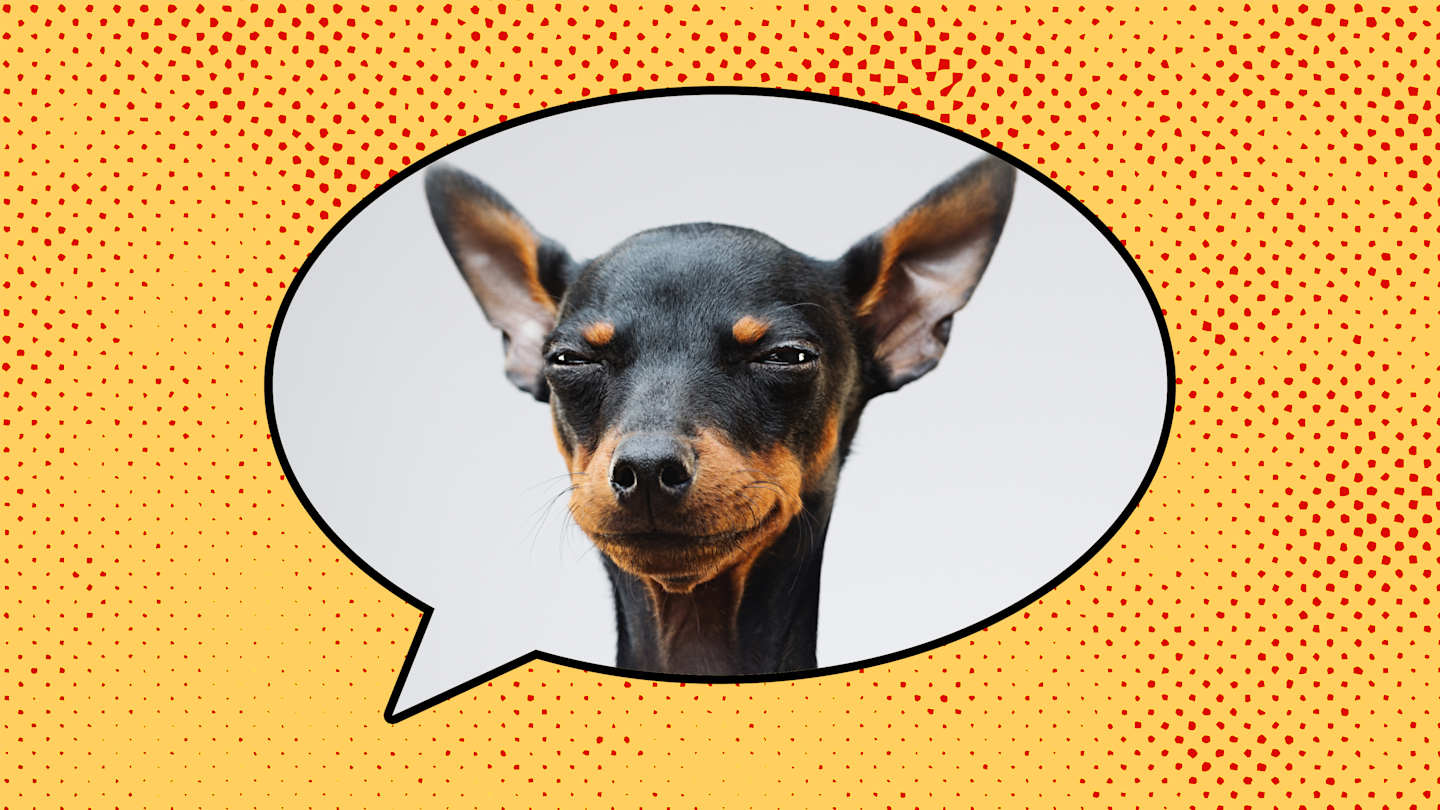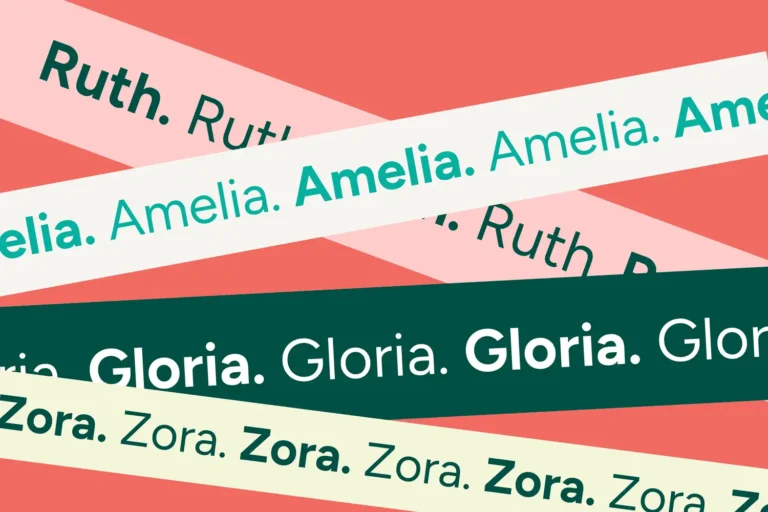Ever felt the need to push your limits? Maybe you had a friend who dared you to try something crazy, or maybe you were the one issuing daring challenges left and right. There’s a certain thrill that comes with taking on a dare, especially when it involves stepping outside of your comfort zone.
One phrase that has become synonymous with particularly bold dares is “Double Dog Dare.” It packs a punch, adding extra weight to an already Daring Request. But have you ever stopped to think about where this phrase came from? The origin of double dog dare remains something of a mystery. Despite its wide use and clear meaning, the exact reason behind adding “dog” to the mix is still debated.
Throughout history, people have used variations of this phrase. From simple dares to more elaborate challenges, “Double Dog Dare” has become a cultural staple. It’s a testament to our human fascination with pushing boundaries and testing ourselves. So, let’s dive into the fascinating history of “Double Dog Dare,” exploring its evolution and the various Theories Surrounding Its Double Dog Dare Origin.
The Mystery Of “double Dog Dare”
One thing is certain: the phrase holds a unique place in our language and culture. It instantly evokes images of childhood dares, Playground Challenges, and moments where we tested our courage (or maybe just our willingness to Get Into trouble!). But why “dog”?
There are several theories attempting to shed light on this mystery. Some believe that “dog” was used as a way to emphasize the persistence of the dare. It’s like adding an extra layer of pressure, making it clear that backing down wasn’t an option. Others suggest “dog” simply sounded strong and impactful, adding weight to the challenge. After all, who wants to back down from someone dishing out a “Double Dog dare”?
No matter the reason, the inclusion of “dog” has undeniably become part of what makes this phrase so memorable and effective. It’s a quirky addition that adds a layer of playful intensity to Any Daring Request.
Theories and Interpretations
The mystery surrounding “Double Dog dare” has sparked many theories over the years. While there’s No Definitive Answer, these explanations offer intriguing glimpses into how language evolves and takes on New Meanings. One popular theory suggests that “dog” was used as a term to denote persistence or forcefulness.
Imagine being on the playground and someone challenging you with a “Double Dog Dare.” The repetition of “dog” amplifies the intensity of the request, making it clear that backing down is not an option. This interpretation aligns with the nature of dares themselves – they often involve pushing boundaries and Overcoming Hesitation. Another theory proposes that “dog” was simply chosen for its strong sound and impact.
Adding “dog” to a dare made it more memorable and dramatic, adding a layer of playful aggression to the challenge. This theory emphasizes the role of language in shaping our perceptions and experiences.
 Strange Historical Coincidences: Uncanny Encounters in History
Strange Historical Coincidences: Uncanny Encounters in HistoryHistorical Context: Early Mentions
While the exact origin of “Double Dog dare” Remains Elusive, its history stretches back further than You Might Think.
Curiously, references to variations of the phrase appear in 19th-century literature and colloquial speech. This suggests that even back then, people were embracing the thrill of daring challenges and using language to Amplify Their Intensity. One notable variation was “Black Dog Dare,” which carried a similar weight and implied a particularly bold or risky request. These early mentions provide valuable clues about how the concept of “Double Dog dare” took root in our culture.
It’s fascinating to see how this Phrase Has Evolved Over Time, adapting to changing social norms and expressions of daring.
The Power Of Words in Playground Challenges
Playground dares are a universal experience, often involving simple acts of bravery or silliness that push us outside Our Comfort Zones. But the way we phrase these challenges can have a profound impact on their perceived intensity and influence Our Willingness To Participate.
Words like “Double Dog dare” hold a special power in this context. They elevate ordinary dares into something More Significant, adding an element of playful pressure and social expectation. This emphasis on language reflects how we use words to shape our experiences and interactions, especially in the world of childhood games and social dynamics.
Ultimately, playground challenges are about testing boundaries, Building Confidence, and having fun. The power of words like “Double Dog dare” adds another layer to this dynamic, making dares more memorable and engaging for everyone involved.
Unlocking the Canine Cipher
Despite numerous theories, the precise reason behind adding “dog” to “dare” remains a bit of a linguistic enigma. It’s as if someone decided to sprinkle a little canine magic into Our Vocabulary, imbuing it with extra oomph and Playful Audacity.
Perhaps dogs, known for their loyalty, enthusiasm, and sometimes mischievous nature, became symbolic representations of courage and boldness. Adding “dog” to a dare could have been a way to tap into these associations, creating a challenge that felt more daring and unforgettable. Whatever the inspiration, the result is undeniably catchy and memorable.
The Canine Cipher, As We Might Call It, has become a beloved part of Our Language, adding a layer of playful intensity To Any Daring Request.










